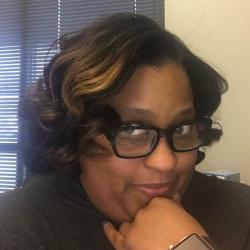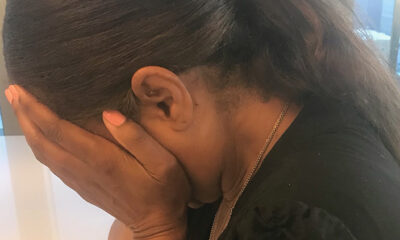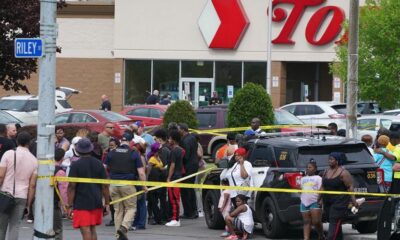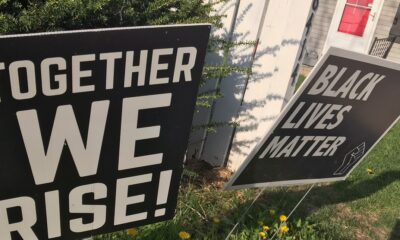Featured
WANTED: Black Women on the Presidential Debate Stage
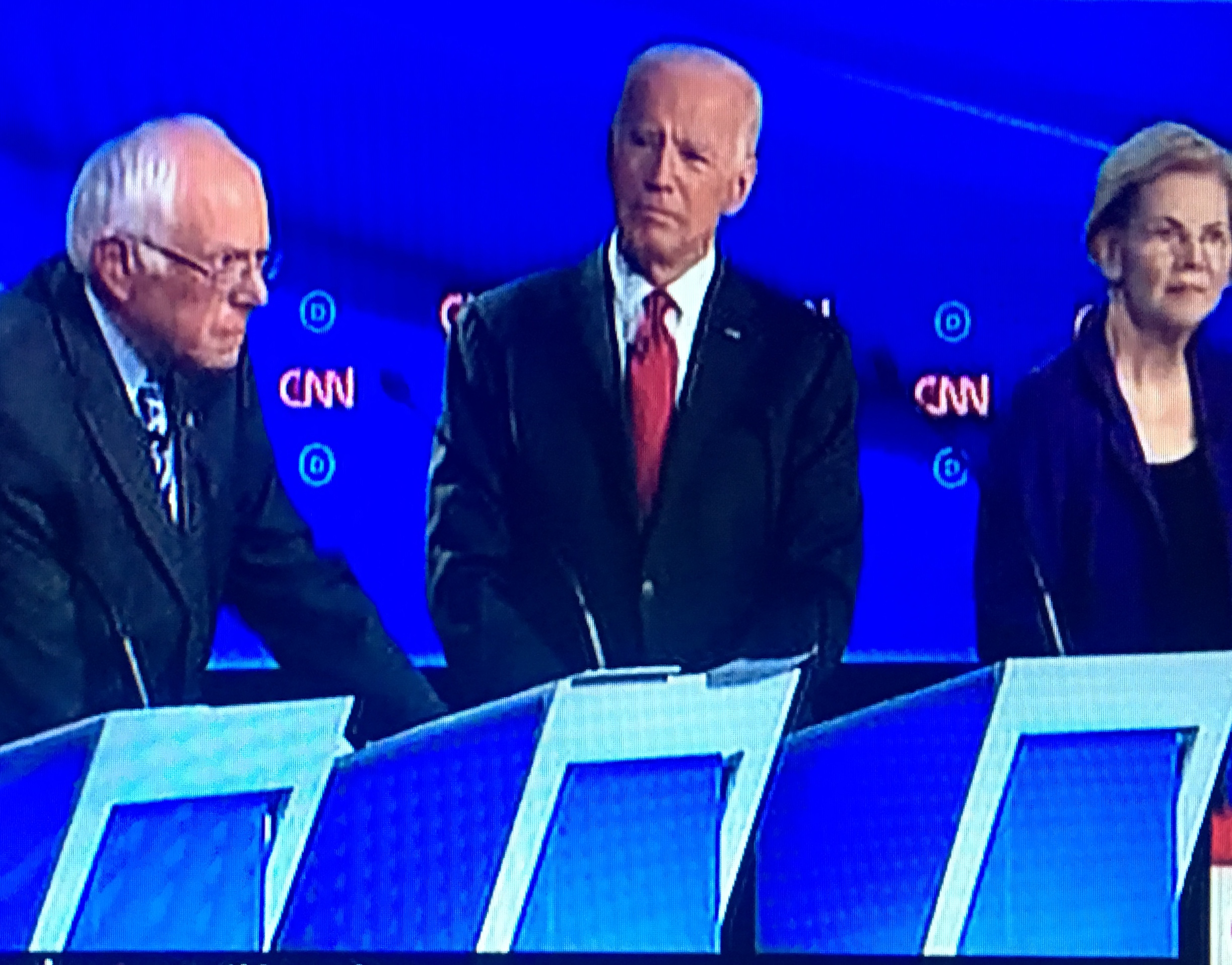
Where are Black women on the Jan 14 presidential debate stage?
So far, nowhere. That’s a problem for the sisterhood.
The sisterhood still remembers bias narratives, questions and interruptions from journalists, such as Matt Lauer, Charlie Rose, Mark Halperin and Glenn Thrush, during the 2016 election cycle. As the New York Times noted, “Many of the male journalists who stand accused of sexual harassment were on the forefront of covering the presidential race between Hillary Clinton and Donald Trump.”
Lesson learned: the questioner matters. Questioners, like candidates, should represent our big diverse electorate. Let’s roar about the diversity of the debates on our favorite social media platforms.
Debate number seven has the dubious distinction of being the first one with no candidates of color. The five qualifiers for the Iowa showdown are: former Vice President Joe Biden, former Mayor Pete Buttigieg of South Bend, Indiana, Minnesota Sen. Amy Klobuchar, Vermont Independent Sen. Bernie Sanders and Massachusetts Sen. Elizabeth Warren.
With the stage almost set, the pressure shifts to the media partners. The January co-hosts are CNN and Des Moines Register. Don’t hold your breath that the moderators will diversify the lineup. In two previous debates – July in Detroit and October in Westerville, Ohio – CNN failed to select a single moderator who was a Black woman. It is worth noting that CNN anchor Don Lemon who is Black asked candidate questions in the second debate in Detroit and Nia-Malika Henderson moderated one of the LGBTQ town hall meeting.
Where’s CNN anchor Fredricka Whitfield and journalist Nia-Malika Henderson when we need them?
And don’t forget about the CNN townhall meeting on April 22 in New Hampshire that featured three male questioners. In response to a letter from advocacy groups, the Democratic National Committee agreed to slates of debate moderators that include “at least one person of color and one woman in every debate.”
An analysis released in 2019 by Time’s Up of all primary debates between 1996 and 2016 found that moderators did not represent the voters. In 86 percent of debates, no women of color asked presidential candidates questions.
What’s the big deal?
Measuring support of the Black voters has become a regular theme in 2020 polling of Democratic presidential candidates. Take a recent Morning Consultant survey for example. A key takeaway in the Jan 7 poll highlights Biden’s staying power at the top of national polls, followed by another key takeaway that “Black voters stick with Biden.”
No surprise there. Black women are the most reliable voters and the most Democratic. To win the White House, the Party’s nominee must receive the support of 90 percent of Black women voters.
Presidential debates are numbers games. To make the seventh stage, candidates need to top the polls and 225,000 unique contributors, with 1,000 living in 20 states. Debaters require at least 5-7 percent in polls of early primary states or nationwide. The deadline to qualify is Friday, Jan. 10.
Way before the vote counting begins, donors and polling winnow down voters’ choices for the next president of the United States. Donor and polling numbers fuel campaigns. Run out of fuel and candidates like Julian Castro and Kamala Harris drop out of the race. By sitting out of fundraising – even small donations, voters sit out of the race until others have decided the options.
The Jan 14 event is the first debate of 2020 and the last one before the first votes. In the largest primary day on March 3, some in 15 states, territories and Democrats abroad may cast their absentee ballots as early as Jan. 16. Roughly 40 percent of the primary electorate vote on Super Tuesday.
Three more debates (Feb. 7, 19 and 25) follow the Iowa event in rapid succession. That’s three more opportunities to diversify the moderator table.

-

 Black History5 months ago
Black History5 months agoThe untold story of a Black woman who founded an Alabama hospital during Jim Crow
-

 Featured9 months ago
Featured9 months ago‘No Closure’ In Town Where Five Black Residents Were Either Murdered, Died Suspiciously Or Are Missing
-
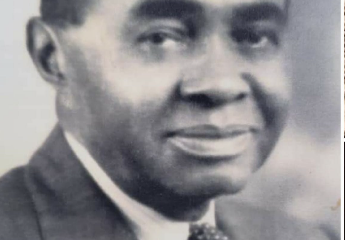
 Black History10 months ago
Black History10 months agoBlack History Lost and Found: New Research Pieces Together the Life of Prominent Texas Surgeon and Activist
-

 Featured9 months ago
Featured9 months agoFounder of “The Folding Chair” Podcast Calls Montgomery’s Brawl ‘Karma’
-
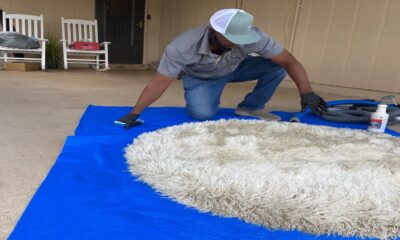
 Featured9 months ago
Featured9 months agoThousands ‘Live Their Dream’ During National Black Business Month
-

 Featured11 months ago
Featured11 months agoJuneteenth And ‘246 Years Of Free Labor’ Are Key To Conversations About Reparations

